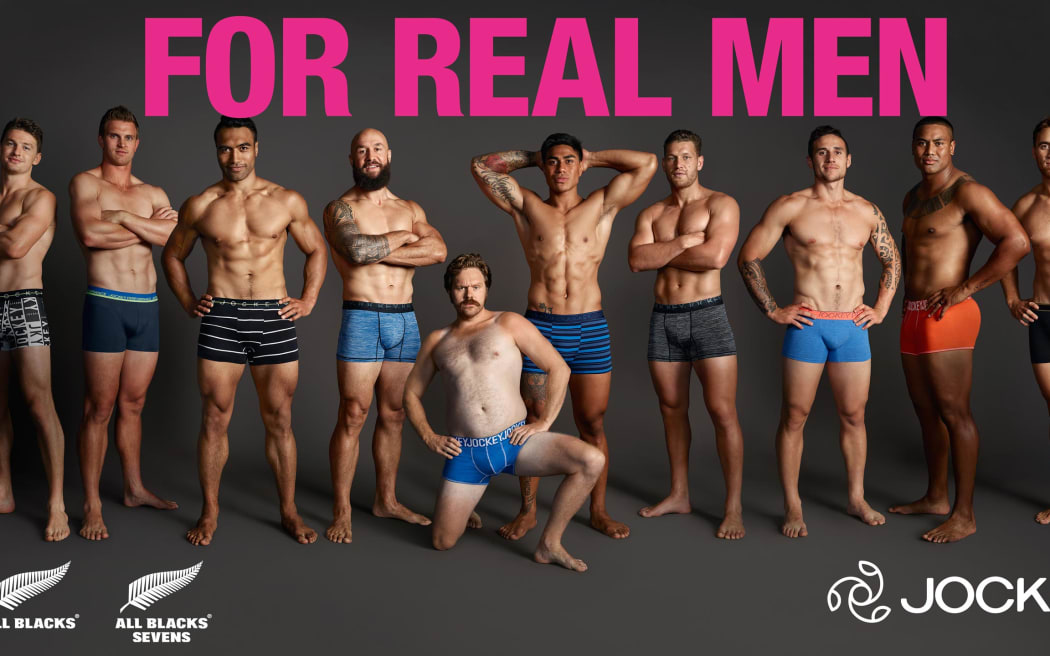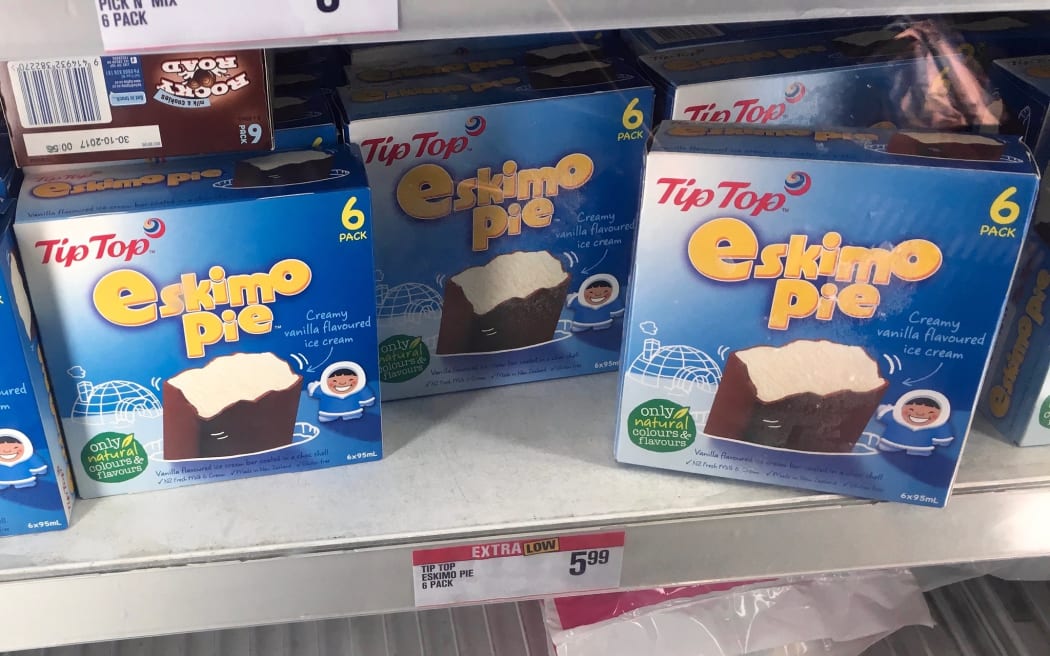It's not progressive if it's fake. Companies are getting found out if they embark on a campaign that looks inclusive, sustainable or body positive, but is insincere.

Jockey's take on promoting body positivity Photo: Jockey NZ
Sustainability, inclusivity, gender equality and body positivity. They're the topics du jour that companies and brands have been quick to jump on.
The Black Lives Matters movement sparked the rebrand of famous products like Eskimo Pies, Uncle Ben's Rice and Aunt Jemima's maple syrup, and body inclusivity saw brands like Victoria's Secret scrap its famous angels.
Reading the room can be great for business, but today's episode of The Detail discusses what happens when a company or a marketing campaign goes from woke to woke-wash, and just how easy it is for a brand to be 'cancelled'.
University of Auckland marketing professor Mike Lee tells Wilhelmina Shrimpton that while the phrases 'woke' and 'woke-washing' are relatively new buzz words, their meaning isn't.

Dr Mike Lee Photo: Supplied
He says while consumers used to protest or boycott what they didn't like, now in the day and age of social media, they 'cancel'.
"People have always had a political lens by which they view business and companies and corporations. So consumer activism and people, [from] protesting to boycotting, has been around a lot longer than the term 'woke' has been."
But the online world has now made it a lot quicker and easier for people to respond to a brand's moral compass campaign, especially when it goes badly.
"It's much easier to protest when you literally can do it from your phone and just type in a couple of characters and be sort of anonymous. It's also very easy to jump on a bandwagon and cancel someone if you already see the conversation going that way."
Lee says it can be tricky to know when a company is being genuine or not, but believes it's a lot tougher to convince an increasingly cynical customer base.
"I think there is definitely the potential that we are more cynical, because there's just so much more information out there these days. It doesn't take too many swipes to get to the information that you're trying to confirm."
Consumers were cynical about the Victoria's Secret body positivity rebrand, a move that went down so badly that the company decided to backtrack.
"I think backtracking is really the only option for them, particularly because their brand was known for that certain look anyway.
"I think other brands that have [gone woke] well do it early enough in the conversation and are very clear on what the values are. [Having] an alignment between the organisational values and whatever the progressive political statement is are the [campaigns] that do work.
"For example, if Patagonia was going to do something to do with the environment, it would be far more likely to be perceived as authentic and genuine."

Eskimo Pies were renamed in 2020 after increased public pressure to acknowledge racial stereotyping in the brand name. Photo: Like The Grand Canyon / Flikr / Creative Commons (CC BY-NC 2.0)
So is it possible that every cultural zeitgeist isn't the best fit for every company, and sometimes it's best to hold off jumping on the bandwagon?
"Well, yeah. Ideally, something that you have a little bit more legitimacy in, something that your brand either doesn't have a problem area in, or something that your brand does already, actually, is good," says Lee.
The Detail also spoke to Māori-owned creative agency Run. It's trying to help Kiwi businesses get it right by offering advertising and design services through a te ao Māori lens.
"There's a thousand small decisions that go into a creative campaign: from which production company to partner with, to font choice and paper stock, media buying, and all of those kinds of things," says senior copywriter Leonie Hayden.
"When you come to someone like Run, you add that tikanga lens to that decision-making, and you start to look at things like 'how do we look after whānau Māori on a shoot? How do we frame people or maunga in a picture without covering their heads, or cutting off their heads?'
"If you engage with someone like us, it's not the pretty picture or the pretty logo that's got some kind of koru in it, and it's not the karakia before the meeting. It's actually the marriage of a whole extra layer of expertise as well as commercial expertise."
Hayden says Run doesn't vet existing content like an external consultant does. Instead, it works with clients throughout the entire ideation and creation process. But she admits that sometimes even her team can get it wrong, too.
"We don't know what we don't know. There's a big difference between tokenism and making a mistake, and it's okay to make mistakes, as long as you learn from them."
Check out how to listen to and follow The Detail here.
You can also stay up-to-date by liking us on Facebook or following us on Twitter.

Photo:


